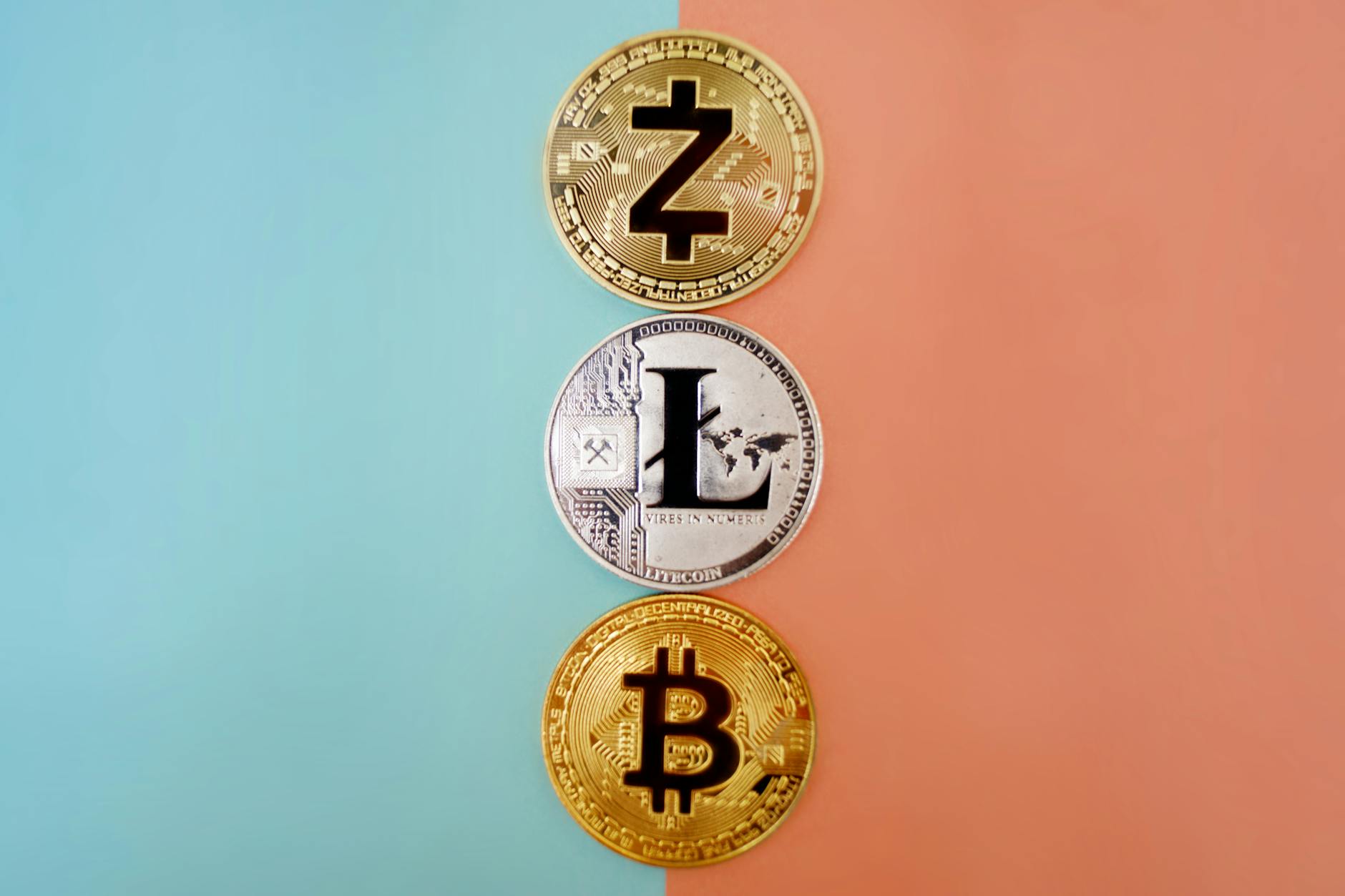Decentralized Finance: A Beginner's Guide to DeFi

Understanding Decentralized Finance (DeFi)
Decentralized Finance, or DeFi, is a rapidly growing sector within the cryptocurrency and blockchain space. It aims to decentralize traditional financial services, providing an alternative to centralized

The Benefits of DeFi
One of the key benefits of DeFi is its ability to eliminate the need for intermediaries. By cutting out banks and other financial institutions, users can access financial services directly, reducing fees and speeding up transactions. Additionally, DeFi is permissionless, meaning that anyone can participate in the system without needing approval from a centralized authority.
Popular DeFi Projects
- Uniswap: a decentralized exchange for trading ERC-20 tokens
- Compound: a platform for lending and borrowing cryptocurrencies
- MakerDAO: a decentralized autonomous organization that issues the stablecoin DAI
Risks and Challenges
While DeFi offers numerous advantages, it also comes with risks. Smart contract vulnerabilities, liquidity issues, and regulatory uncertainties pose challenges for both developers and users. Security breaches and hacks have resulted in significant financial losses for some DeFi projects, highlighting the importance of due diligence and risk management.
The Future of DeFi
Despite these challenges, the future of DeFi looks promising. Innovations in decentralized governance, inter-chain interoperability, and scalability are paving the way for a more robust and resilient DeFi ecosystem. As adoption continues to grow and evolve, DeFi has the potential to revolutionize the financial industry and empower individuals worldwide.
